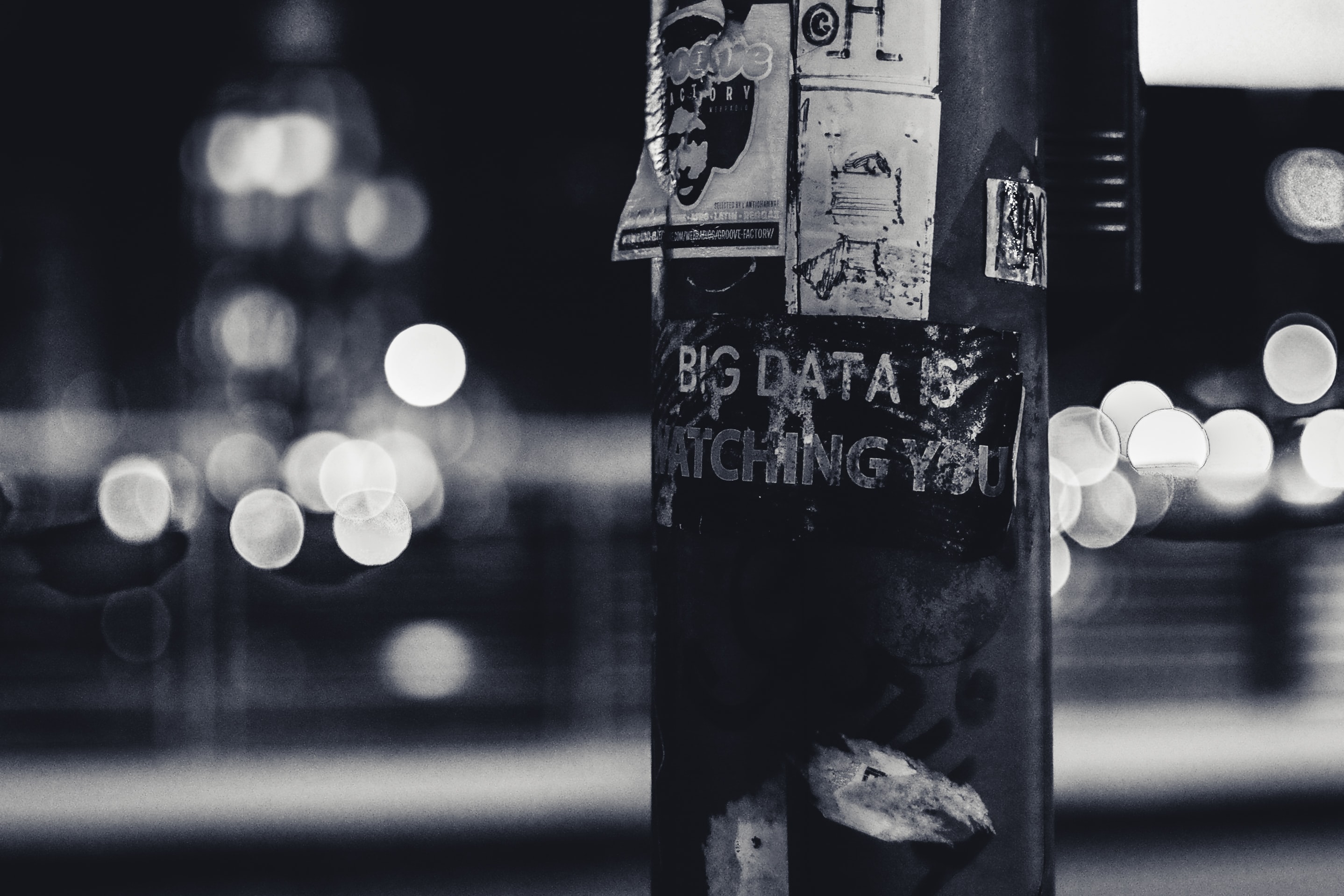The Netflix documentary the Social Dilemma has put social media under the spotlight at a time when fear, paranoia and uncertainty seem to be the order of the day. Is it time to switch off your ‘device’ and go cold turkey?
The Social Dilemma, a 94-minute Netflix documentary has got people talking about our always-on and Big Brother culture (in the UK it’s said we check our phone up to 28 times a day) and asks if a digital detox is now a priority. The film outlines how the social giants, such as Google, Facebook and Twitter have mastered applied psychology, harnessing it to exploit human weaknesses and vulnerabilities.
Poor Mental Health
Social media use has been linked with poor mental health amongst young women, and in a 2017 study of more than 5,000 individuals published the American Journal of Epidemiology found regular use of Facebook had a negative impact on an individual’s wellbeing.
Surveillance Capitalism
In a piece for the Guardian, John Naughton, professor of the public understanding of technology at the Open University and author of From Gutenberg to Zuckerberg: What You Really Need to Know About the Internet, describes what the Social Dilemma filmmakers called “surveillance capitalism.” It is he says, “a mutant form of our economic system that mines human experience (as logged in our data trails) in order to produce marketable predictions about what we will do/read/buy/believe next… Having looted, plundered and denuded the natural world, it (capitalism) has now turned to extracting and exploiting what’s inside our heads.”
Celebrity Digital Detox
It’s hard to find supporting evidence but anecdotally it would appear that more people are choosing to unplug from social media – ironically, saying they’re deleting social media on Twitter! High profile celebrities such as Meghan Markel are also exiting, 18 were listed in an Insider article, and there’s a whole host of articles online giving tips on how to leave social media and the benefits of taking a break.
Outdoor Life
Advocates of cutting back on social media are also advocates for a better life, focusing on health and wellbeing, on getting outside, moving and being sociable. The pandemic has locked us up, leaving us face-to-face with our steely laptops and our grim digital reality. There’s been an absence of all of that is healthy and hearty and as a result, we crave it more. In Norway, friluftsliv– or “free-air life” describes a digitally detoxed way of living many of us miss; it’s a movement, a way of being that disconnects us from daily stress by connecting with nature. According to the Guardian report on friluftsliv this increasingly popular way of life includes being involved in activities such as “relaxing, fishing, hiking, sleeping in camping hammocks (not tents).”
Minimalism
Another growing movement is that of minimalism, of choosing less not more. In an article for Becoming Minimalist, entitled titled 7 Important Reasons to Unplug, Find Space, and Fight Technology Addiction, the arguments for a digital detox are compelling. They include ditching feelings of envy, jealousy and loneliness, consuming less, and no longer feeling as if you’re missing out (FOMO) on something going on somewhere else.
Holiday Unplug
The hunger to unplug is real. Back in 2018, researchers from James Cook University in Australia reported on the ‘digital-detox’ being on the rise and they predicted that this would play an important part of the tourism industry in the future. In lockdown Virgin Startup, heralded the arrival of Unplugged, a company which offers staycations where people can switch off from their devices and recharge themselves at off-grid cabins. Founded by friends Ben Elliott and Hector Hughes and supported by a Virgin StartUp loan, the business has gone from strength to strength, capitalising on Londoners wanting that digital detox.
Unplugged Work & Living Space
The desire to switch off is now a key part of planning property developments and office spaces. In 2018, the Telegraph reported on high-end London developers who were putting wellness at the core of their design with “holistic wellbeing spaces”, communal libraries and all-in-all less tech gadgetry. And in the office and workspace, beyond sleep pods and quiet rooms, the latest innovators plan buildings with nature in mind, for example, Canada’s Earth Tower from Perkins & Will which as well as being a carbon-zero, 40-storey building, housing residential space and office space, features a rooftop terrace, with a greenhouse and “an unprecedented connection with nature and 360 views”.


